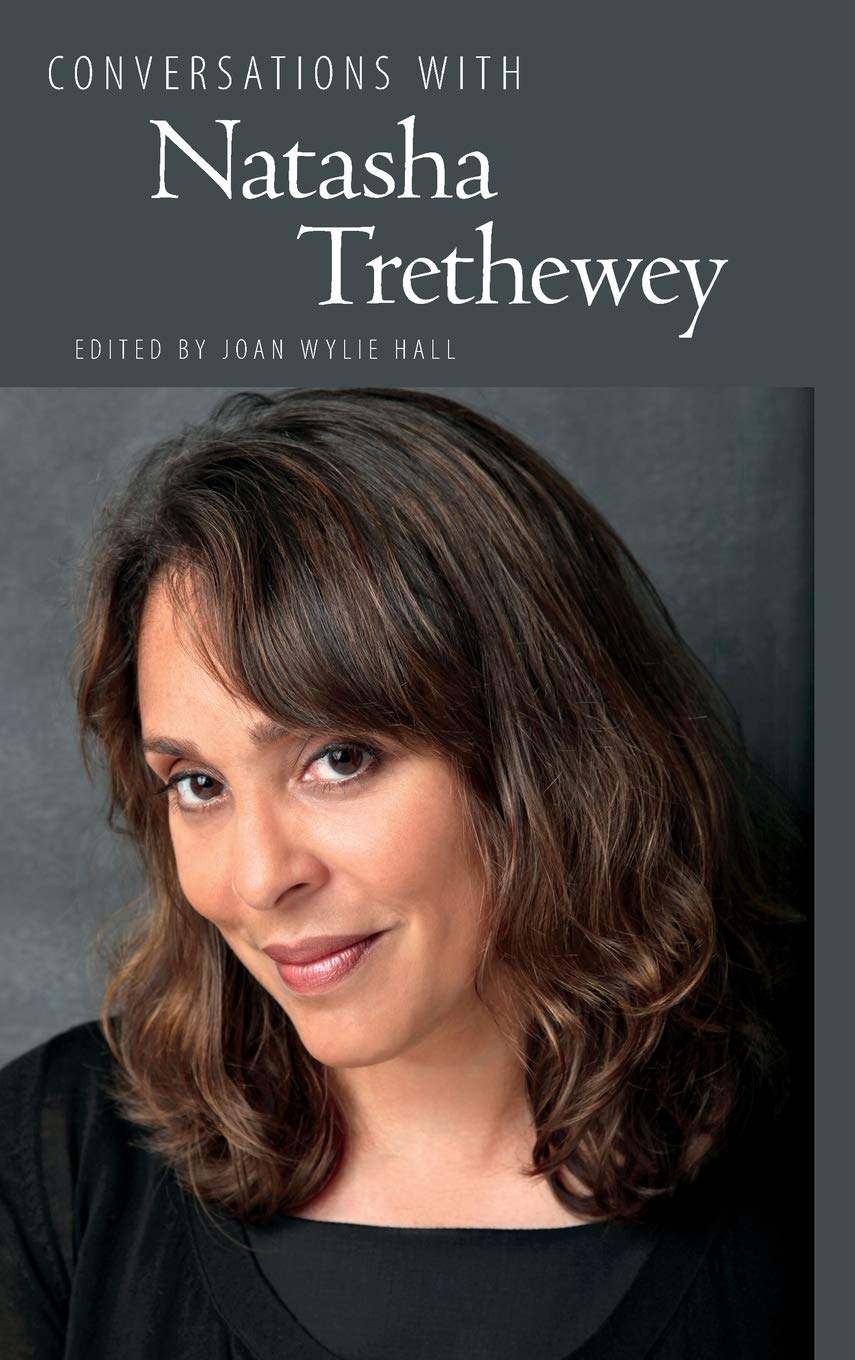

Most ebook files are in PDF format, so you can easily read them using various software such as Foxit Reader or directly on the Google Chrome browser.
Some ebook files are released by publishers in other formats such as .awz, .mobi, .epub, .fb2, etc. You may need to install specific software to read these formats on mobile/PC, such as Calibre.
Please read the tutorial at this link: https://ebookbell.com/faq
We offer FREE conversion to the popular formats you request; however, this may take some time. Therefore, right after payment, please email us, and we will try to provide the service as quickly as possible.
For some exceptional file formats or broken links (if any), please refrain from opening any disputes. Instead, email us first, and we will try to assist within a maximum of 6 hours.
EbookBell Team

4.8
24 reviewsUnited States Poet Laureate Natasha Trethewey (b. 1966) describes her mode as elegiac. Although the loss of her murdered mother informs each book, Trethewey's range of forms and subjects is wide. In compact sonnets, elegant villanelles, ballad stanzas, and free verse, she creates monuments to mixed-race children of colonial Mexico, African American soldiers from the Civil War, a beautiful prostitute in 1910 New Orleans, and domestic workers from the twentieth-century North and South.
Because her white father and her black mother could not marry legally in Mississippi, Trethewey says she was "given" her subject matter as "the daughter of miscegenation." A sense of psychological exile is evident from her first collection, Domestic Work (2000), to the recent Thrall (2012). Biracial people of the Americas are a major focus of her poetry and her prose book Beyond Katrina, a meditation on family, community, and the natural environment of the Mississippi Gulf Coast.
The interviews featured within Conversations with Natasha Trethewey provide intriguing artistic and biographical insights into her work. The Pulitzer Prize-winning poet cites diverse influences, from Anne Frank to Seamus Heaney. She emotionally acknowledges Rita Dove's large impact, and she boldly positions herself in the southern literary tradition of Faulkner and Robert Penn Warren. Commenting on "Pastoral," "South," and other poems, Trethewey guides readers to deeper perception and empathy.